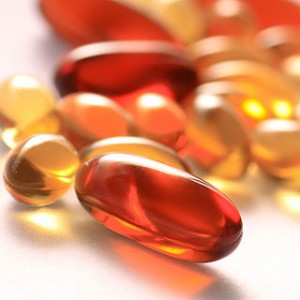 Adults, who are older and eat diets that have a high level of antioxidants, might not have less of a risk of developing dementia or having a stroke, says a new study. Researchers said that people who drank or ate lots of oranges, coffee, tea or red wine were just as apt to develop neurological problems during the next 14 years, as were those who did not eat foods rich in anti-oxidants.
Adults, who are older and eat diets that have a high level of antioxidants, might not have less of a risk of developing dementia or having a stroke, says a new study. Researchers said that people who drank or ate lots of oranges, coffee, tea or red wine were just as apt to develop neurological problems during the next 14 years, as were those who did not eat foods rich in anti-oxidants.
Literature has been mixed on dementia and antioxidants said one of the lead authors in the new study. Although some evidence does exist that says specific vitamins give an protective effect to the brain, it is still unclear whether that is also true for antioxidants, which include vitamin E, vitamin C, flavonoids and selenium.
The study, based in the Netherlands, included nearly 5,400 people who were 55 years of age or older and who reported consumption of approximately 170 different foods during 1990.
People who had consumed the highest amount of antioxidants, according to a review of their diets, were just as apt to have either dementia or Alzheimer’s as those participants in the study who barely ate any antioxidants.
That same pattern held true even after the study’s researchers took into account the ages of the people, their amount of food intake in general and if they smoked.
Researchers did not find a link between the number of total antioxidants consumed and grey or white matter volume inside the brain, according to 462 scans performed on participants.
Since only foods were looked at in the study, it cannot speak to whether supplements with antioxidants impact stroke or dementia risk, said researchers.
